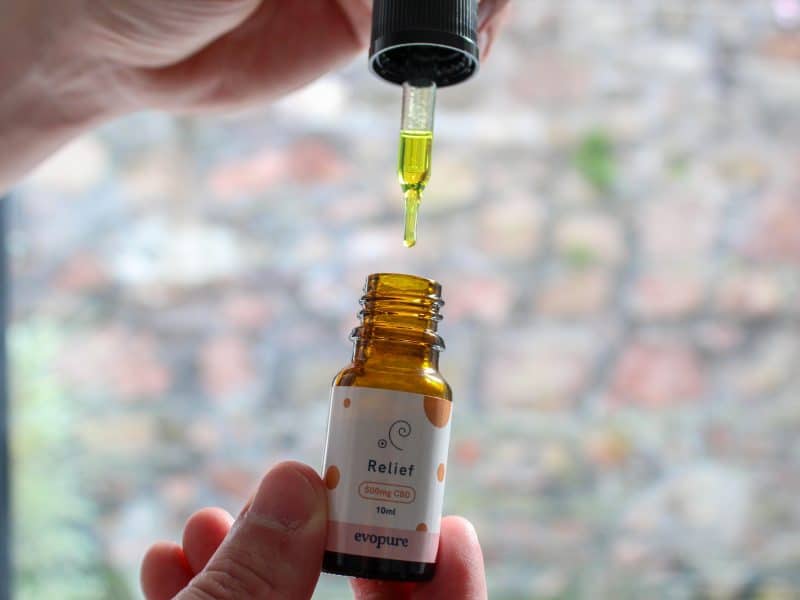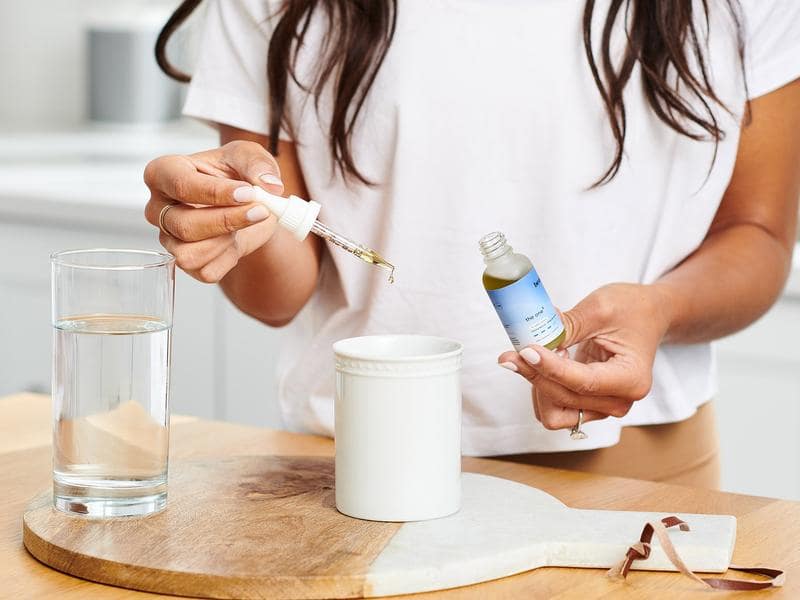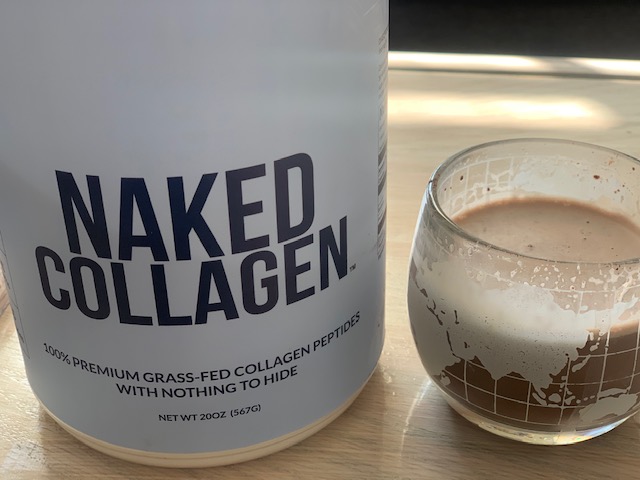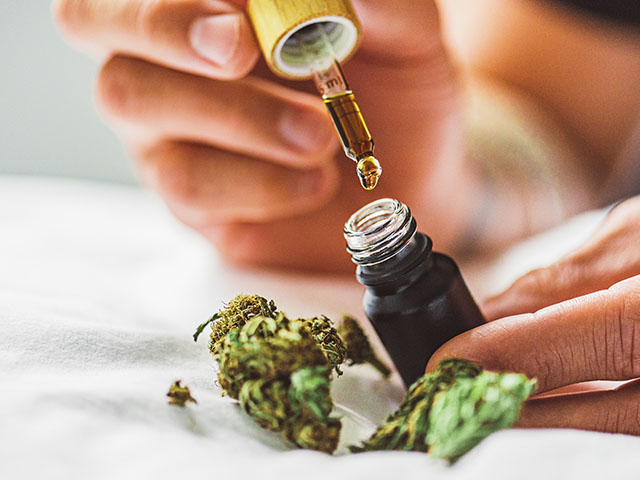Facts About CBD
CBD is getting a lot of attention lately. But there are still a lot of misconceptions surrounding this cannabinoid, how it affects the body, its potential applications, and even its legality.
CBD IS NOT INTOXICATING
Because of its intimate relationship with the hemp plant, some people might take it for granted that CBD is intoxicating or that it “gets you high.” However, this is not the case. While the cannabinoid can maintain a subtle effect on mood and mental state, much like dark chocolate, for example, it does not produce mind-altering effects. Content produced by the National Institute on Drug Abuse states that CBD does not produce euphoria or intoxication.
THC, the main psychoactive molecule in hemp, exerts its unique effects by interacting with the CB1 receptors of the endocannabinoid system. The CB1 receptor is found primarily in the brain, specifically in neurons. CBD, on the other hand, has a low affinity for these receptors, meaning that it cannot bind to them and produce psychoactive effects in the same way.
In addition, CBD can counteract some of the psychoactive effects of THC. The cannabinoid is known to produce opposite patterns of brain activity to THC in regions including the striatum, hippocampus and prefrontal cortex.
CBD CAN BE USED RECREATIONALLY AND THC CAN BE USED MEDICINALLY.
There is a misconception that CBD is a purely medicinal compound and THC purely recreational. This is not true. Just as THC can be used medicinally (for pain relief, nausea, vomiting, etc.), CBD can also be used recreationally.
In fact, a recreational CBD market is emerging in Switzerland. Although THC remains illegal under Swiss law, CBD-rich hemp flowers and concentrates can be purchased completely legally in stores and dispensaries. This has given rise to a huge movement of recreational CBD users who appreciate the substance for its calming effect.

CBD COUNTERACTS THE EFFECTS OF THC AND WORKS BEST IN COMBINATION WITH OTHER CANNABINOIDS
Cannabinoids, terpenes and other compounds in hemp interact with each other. Studies and anecdotal evidence indicate that the interaction between these substances and our endocannabinoid system produces a synergistic effect, known as the “entourage effect”.
Science has shown that, for example, CBD and THC together provide stronger and faster pain relief than either compound alone. And while our knowledge of the entourage effect is still very limited, research indicates that the medicinal benefits of hemp reside in the whole plant, rather than in certain isolated chemicals.
In fact, studies have shown that isolated forms of THC and CBD produce very different effects than products made from the whole plant.
While THC can have beneficial effects, it also produces unpleasant side effects, especially at high doses. These include nausea, vomiting, increased pain sensation, anxiety, paranoia, etc. Fortunately, science has found that CBD counteracts many of these effects.
The relationship between CBD and THC is really complex and impossible to fully cover in this article. However, it is true that CBD helps reduce the anxiety and paranoia that some people may experience after consuming THC.
Check out the best cbd oil uk to get more important information.




